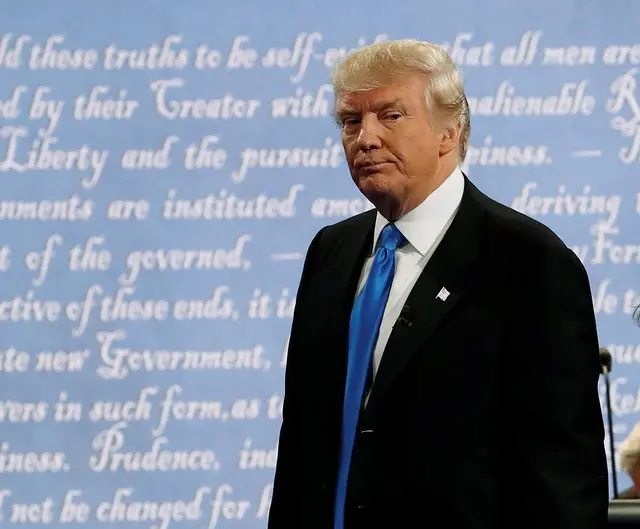Canada's Green Party on Thursday expressed serious concern over the country's uranium deal with India.
Under the deal, which was signed here with the witness of visiting Indian Prime Minister Narendra Modi and his Canadian counterpart Steven Harper Wednesday, India will import 3,000 tones of uranium from Canada in the coming five years.
Elizabeth May, leader of the Green Party of Canada said "Canada 's trade in nuclear materials with India is a direct violation of the Nuclear Non-Proliferation Treaty (NNPT)."
Green Party's Indigenous Affairs Critic Lorraine Rekmans said: "Canadians support peace and democracy. Selling uranium to India could cause us to violate the NNPT if India uses it to manufacture weapons, and make us part of the global insecurity problem."
Rekmans urged Canada to promote peace and security abroad. "In the upcoming review of the NNPT on April 29, we must work with our allies to bring all stakeholder nations into an improved NNPT."
Daniel Green, deputy leader of the party, said when India exploded its nuclear device in 1974 using Canadian technology, Canada ceased all exports of nuclear material to India, and India continued to develop a nuclear weapons program. India is not a signatory to the International Nuclear Non-Proliferation Treaty. " It would be unacceptable for Canada to renege on its commitments to this treaty, which is indispensable to our global security."
"Although India has yet to sign the NNPT or the Comprehensive Test Ban Treaty, Canadian firms began to sell equipment and uranium to them in 2013. Stephen Harper needs to stop violating our international commitments," said Bruce Hyer, the Party's deputy leader, also member of the Canadian Parliament.
India has refused to join the NNPT since it was created in 1970. Canada banned all exports of nuclear materials to India in 1974 after India used a CANDU research reactor to develop its first experimental nuclear weapon.
The export ban was lifted with the Canada-India Nuclear Cooperation Agreement in 2013, when Canadian International Trade Minister Lawrence Cannon said "India has been in the penalty box long enough."
The 2013 agreement allows Canadian firms to export nuclear materials, equipment and technology to India.
 简体中文
简体中文

